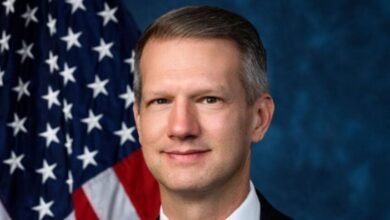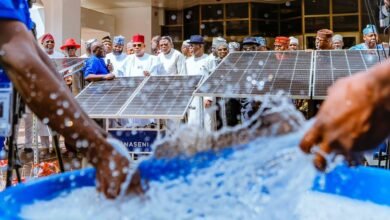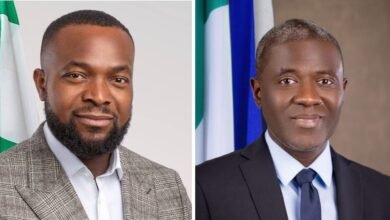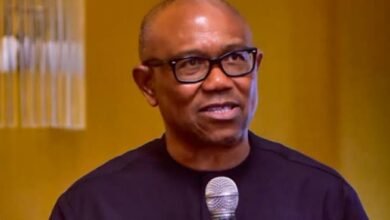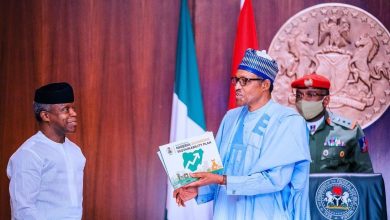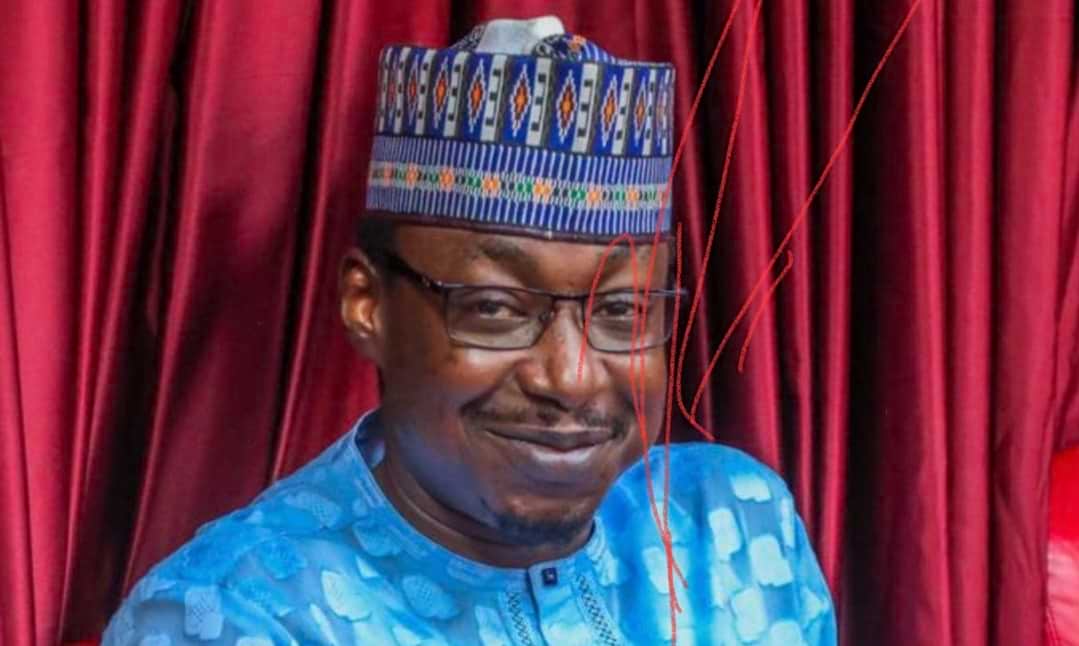
Yesterday, US President Donald Trump labelled Nigeria a “Country of Particular Concern” over alleged religious persecution. The announcement sent ripples across Nigeria and beyond. For years, claims of a “Christian genocide” have circulated in international media, often with little evidence and much emotion. This latest designation takes matters higher, raising questions about Nigeria’s diplomatic posture and America’s motives.
Let us start with what went wrong at home. Nigeria’s response to such a grave accusation has been clumsy and unserious. Instead of elevating the issue through formal diplomatic channels, engaging legal experts, or pushing back with verifiable data, most early reactions came from citizens on social media. Many acted out of genuine concern and patriotism, not government direction, revealing a troubling absence of strategy from those meant to defend the nation’s image.
The only thing resembling an official effort was the engagement of a political influencer who invited some American social media personalities to Nigeria to counter the genocide narrative. He claimed they had debunked the allegation, but it backfired. The visitors disowned the exercise, accused their hosts of misrepresentation, and exposed it as a poorly planned propaganda stunt. What should have been a sober diplomatic rebuttal became a social media circus that embarrassed the country and weakened its defence.
Beyond that misstep lies a deeper pattern. There appears to be a broader agenda at play, one that goes beyond religion. Nigeria’s growing independence on the global stage has not gone unnoticed, especially its refusal to bend to certain Western demands, from oil deals to diplomatic alignments. The recent review of the US visa policy toward Nigeria, reportedly linked to Abuja’s refusal to accept deportees and comply with bilateral conditions, adds another layer of tension. In global politics, moral outrage often hides political manoeuvring.
Nigeria’s security challenges are real. The country has grappled with terrorism, banditry, and communal violence that have claimed thousands of lives. But these conflicts stem more from poverty, weak governance, and resource struggles than from religion. To label them a “Christian genocide” oversimplifies a complex reality and weaponises human suffering for political ends.
Every time America amplifies stories of religious persecution in Nigeria, it is rarely about saving lives. It is about shaping perception, creating pressure, and tightening control. It fits a familiar pattern: destabilise Nigeria, gain influence, access resources, and win ground in the global contest with China and Russia. A divided Nigeria is easier to manipulate than a united one.
Some believe Nigeria’s refusal to yield to certain Western expectations has deepened these tensions. What looks like concern may actually be strategy. The “Country of Concern” tag reflects not Nigeria’s reality but America’s interests.
This is why Nigeria’s response must be strategic, not sentimental. Our diplomats, not influencers, should take the lead. The government must engage Washington through facts, not emotion, and tell Nigeria’s story as it truly is: a nation with complex security challenges, yes, but also a resilient and plural society holding itself together. It must strengthen its foreign ministry, empower embassies, and communicate clearly without compromising sovereignty.
Trump’s designation should not provoke panic. It should provoke strategy. Our real defence lies in unity, not outrage; in diplomacy, not denial; in confidence, not confusion. The world respects nations that defend their truth with clarity. Nigeria must stop reacting to narratives written abroad and start writing its own. The world may see this as a story of religion. In truth, it is a story of power, influence, and perception. Nigeria must decide whether to be a pawn or a player in that global game. In a world where narratives shape nations, Nigeria must own its story or risk being written out of it.
—— Abu Sidiq

